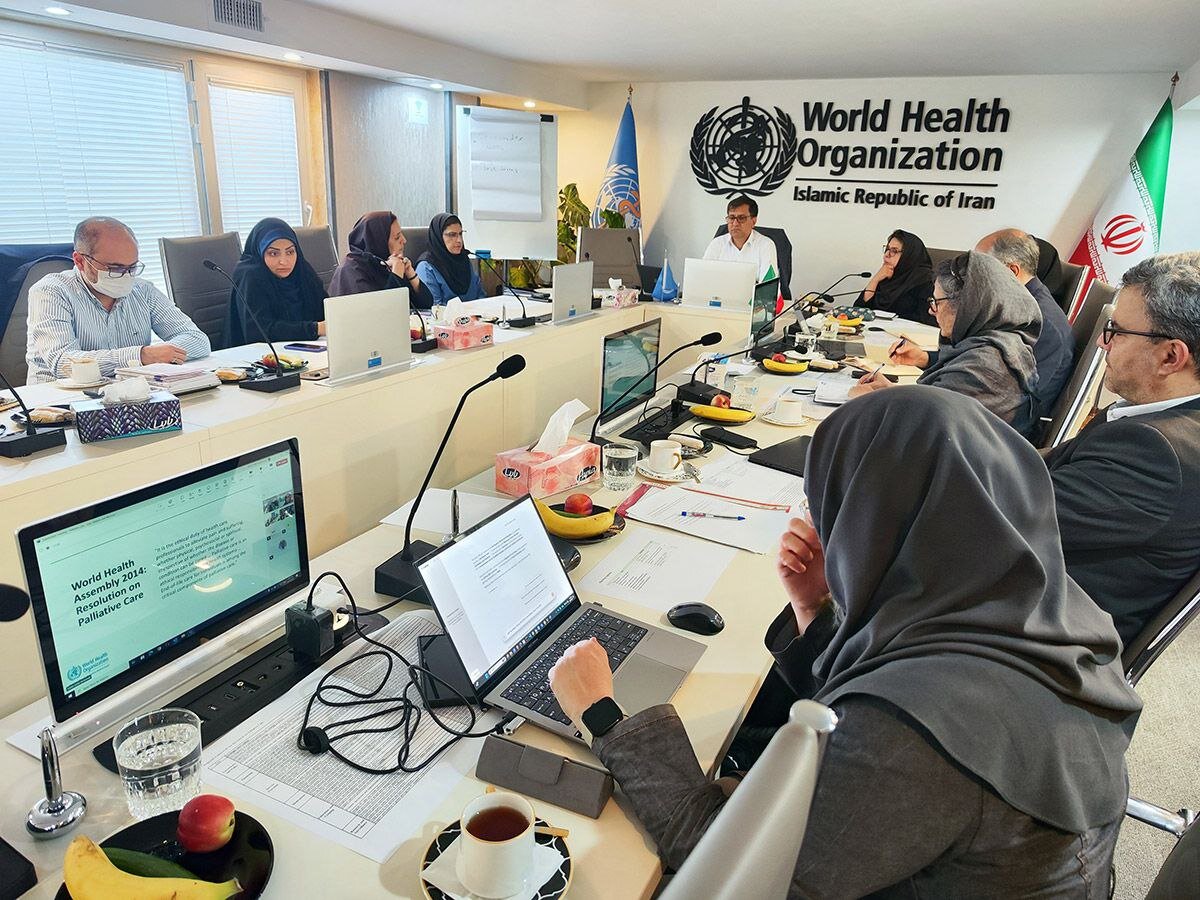
Similar Posts
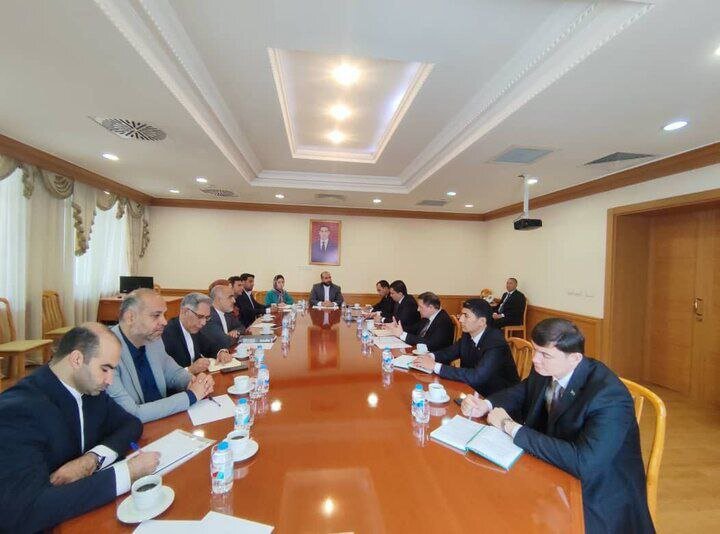
Iran and Turkmenistan Strengthen Ties: Key Discussions on Caspian Sea Challenges
Recent diplomatic discussions between Iranian Deputy Foreign Minister Alireza Jahangiri and Turkmenistan’s Murad Atajanov in Ashgabat focused on key issues concerning the Caspian Sea, including maritime borders, fishing zones, and environmental challenges like decreasing water levels. Iranian President Masoud Pezeshkian emphasized strengthening ties with Turkmenistan, advocating for peace and cooperation among Caspian states. Minister Rashid Meredov expressed the importance of enhancing economic relations, particularly in transportation and energy. The upcoming Caspian Sea summit in Tehran and the International Peace and Trust Conference were also highlighted, underscoring the commitment to sustainable development and regional collaboration among littoral nations.
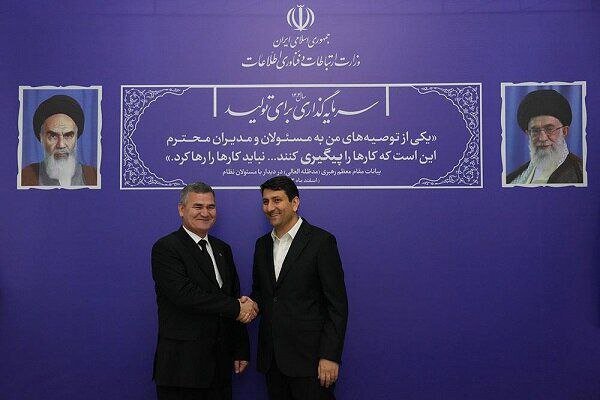
Tehran and Ashgabat Forge Stronger Partnership in Data Transit and Artificial Intelligence
In Tehran, Iran’s ICT Minister Sattar Hashemi and Turkmenistan’s Transport and Communications Director Chakyev Berdimyradovich discussed strengthening bilateral cooperation in digital economy, artificial intelligence (AI), and technology. They aimed to establish a memorandum of understanding to enhance regional collaboration, focusing on expertise sharing, joint projects, and training. Hashemi emphasized technology diplomacy and suggested creating data transit corridors, which Berdimyradovich supported. Iran’s growing AI capabilities were highlighted, showcasing its strong digital ecosystem and commitment to regional collaboration. Both nations aim to leverage their technological strengths for mutual growth and improved communication in the region.
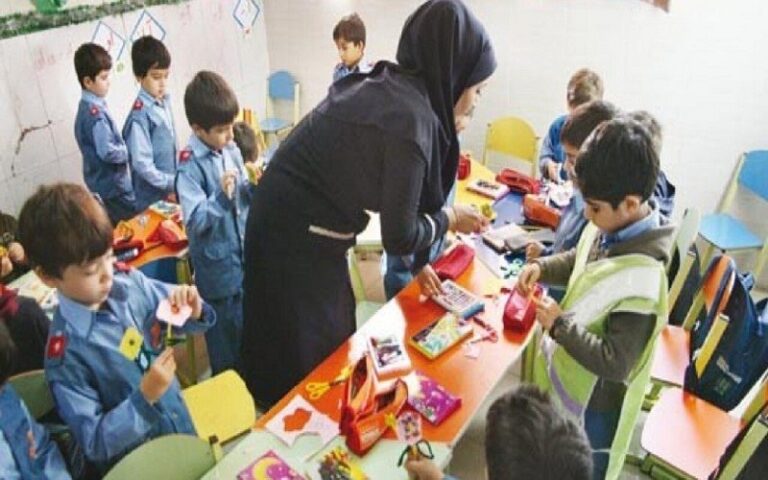
Iran’s School Dropout Crisis: How Poverty and Systemic Failures Fuel an Educational Emergency
Recent statistics reveal a troubling rise in school dropouts in Iran, with nearly 169,000 children leaving primary education. Deputy Minister Rezvan Hakimzadeh reported that 168,881 students exited before sixth grade, and 71,061 first-graders did not continue. Only about 24,849 of the 76,175 identified dropouts have been re-enrolled this academic year. Challenges include overcrowded classrooms and high rates of out-of-school working and street children, exacerbated by economic hardship and child labor needs. Experts stress that poor government policies and systemic issues contribute to this crisis, underscoring the urgent need for reforms to improve educational access and support for vulnerable youth.

Iran’s Technology and Innovation Ranking: UNCTAD Places Nation at 72nd Spot
The UNCTAD’s Technology and Innovation Report 2025 reveals that Iran has advanced to 72nd among 166 nations, gaining one spot since 2022. The report emphasizes the importance of inclusive AI development, highlighting three key areas: infrastructure, data, and skills. Iran excels in research and development, ranking 35th globally, but faced declines in skills and ICT sub-indices. The Global Innovation Index (GII) 2024 shows improvements in knowledge output, business sophistication, and market sophistication, while overall ranking fell from 62nd to 64th. Iran remains second in Central and Southern Asia, indicating notable progress amid fluctuating rankings in innovation capabilities.
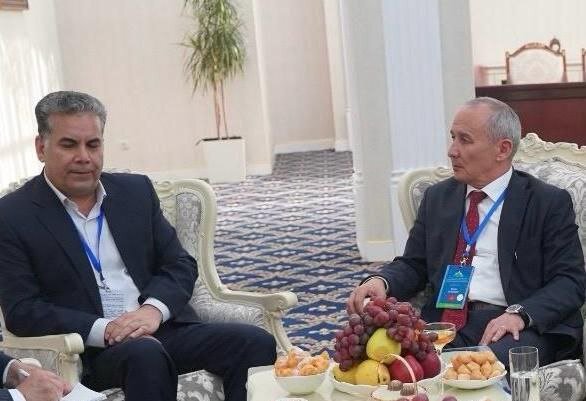
Tehran and Bishkek Forge Stronger Environmental Partnerships for a Greener Future
Officials from Iran and Kyrgyzstan recently met to discuss environmental cooperation focused on biodiversity and conservation during the International Conference on the Global Mountain Dialogue for Sustainable Development in Bishkek. Hamid Zohrabi of Iran’s Department of Environment and Kyrgyz Minister Meder Mashiev highlighted their nations’ ecological ties and agreed to update a prior memorandum to enhance joint efforts. Zohrabi offered Iran’s 60 years of experience in wildlife conservation, emphasizing the importance of knowledge exchange. The conference addressed climate change’s impact on mountain ecosystems and aimed to foster international collaboration for sustainable development, laying groundwork for future initiatives in vulnerable regions.
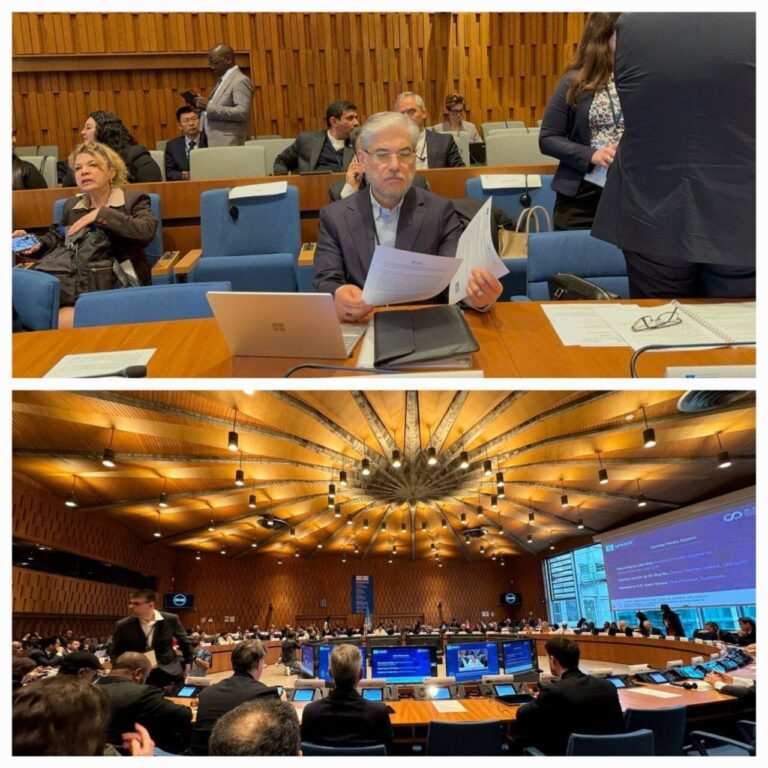
Science Minister Highlights Contradictions of Sanctions with UNESCO’s Open Access Policy
During the Global Ministerial Dialogue on Science Diplomacy at UNESCO, Iranian Science Minister Hossein Simaei-Sarraf criticized sanctions on Iran’s science sector, claiming they violate UNESCO’s Open Access Policy. He argued that these sanctions lack legal basis per Security Council Resolution 2231 and emphasized the potential of science diplomacy to enhance security and promote equitable technological partnerships. Simaei-Sarraf engaged with UNESCO officials and international science ministers to foster collaboration, inviting Iranian professors abroad to strengthen ties with Iran. The dialogue aimed to establish a global framework for science diplomacy to address contemporary societal needs and promote peace through scientific cooperation.